Welcome to issue 98 of the Call to Comms!
This week is refugee week, highlighting refugees and people seeking sanctuary. From Ukraine to Mexico, our action often focuses on people on the move, whether they are internally displaced, migrants, or asylum seekers. Some might need connectivity to stay afloat; others, information to stay safe.
We spoke to Ángela (name changed for safety reasons), a Honduran woman in a shelter we work with to display essential information. She is 24 years old, and is traveling in search of safety with her husband and her child.
She told us some challenges she faced, and how misinformation affected her and her family during their journey.
Misinformation and exploitation
In Mexico, Guatemala and Colombia, TSF works with shelters for migrants and asylum seekers to share essential information using remotely-connected screens. The information is timely, relevant and reliable, empowering people on the move to make safer, more informed decisions while reducing their exposure to risk and exploitation.
Why did you come here, in this shelter?
We’re fleeing from our country, Honduras. My husband had a small business, an upholstery shop, but we were threatened by extortionists. At one point, they threatened to kill us. That’s why we decided to leave. [We’ve been traveling for] two months.
“We didn’t have anyone to help.”
Where are you headed?
We’re seeking asylum here in Mexico. If that doesn’t work out, we plan to go to Cancún, where I have an aunt. [TSF: Have you already started the asylum process?] Yes.
On the screens displaying information, what information did you find most interesting?
All the information is interesting and helpful since we’re not from here. We’re migrating, so the information is useful, because there is a lot of information that we don't know. For example, human rights—the rights of migrants, especially. You come from another country and don’t know what rights you have here, mainly the right to healthcare. People told us we’d have to pay, but we learned everyone has the right to access health services.
Have you experienced any issues on your journey due to a lack of information?
Yes, especially in Guatemala. People would say, "Just cross straight through; don’t listen to anyone." We tried that, but a man kept insisting we follow him, claiming there was another group. We ignored him, but he yelled at us, saying, "If you don’t follow us, you won’t get any further." They said we just had to pay 200 pesos, which seemed fine. But then they took us to a house with more migrants and demanded $100 per person to take us to Tapachula.
“We spent several days sleeping on the streets.”
They told us we had to pay or they’d decide what to do with us. We didn’t have anyone to help, so we started working for them, cooking for other migrants they captured. Eventually, we borrowed money to get out because they wanted my husband to stay and work as a bodyguard. From there, they took us across a hammock bridge, packed us into taxis, and dropped us near the park in Tapachula.
We spent several days sleeping on the streets, near lit storefronts to avoid getting our bags stolen. When we had money, we paid for a night, – it wasn't even in a hotel, it was on mattresses – but most nights we slept on the ground with our child.
Is there anything you’d like to tell other migrants to help them avoid similar situations?
Even if you get through, they might catch you further along. Some people we traveled with got caught later, and it was worse for them, because they were not charged the same amount as we were. So, I don't know.
“All the information is interesting and helpful since we’re not from here. You come from another country and don’t know what rights you have here, mainly the right to healthcare.”
See you in two weeks.


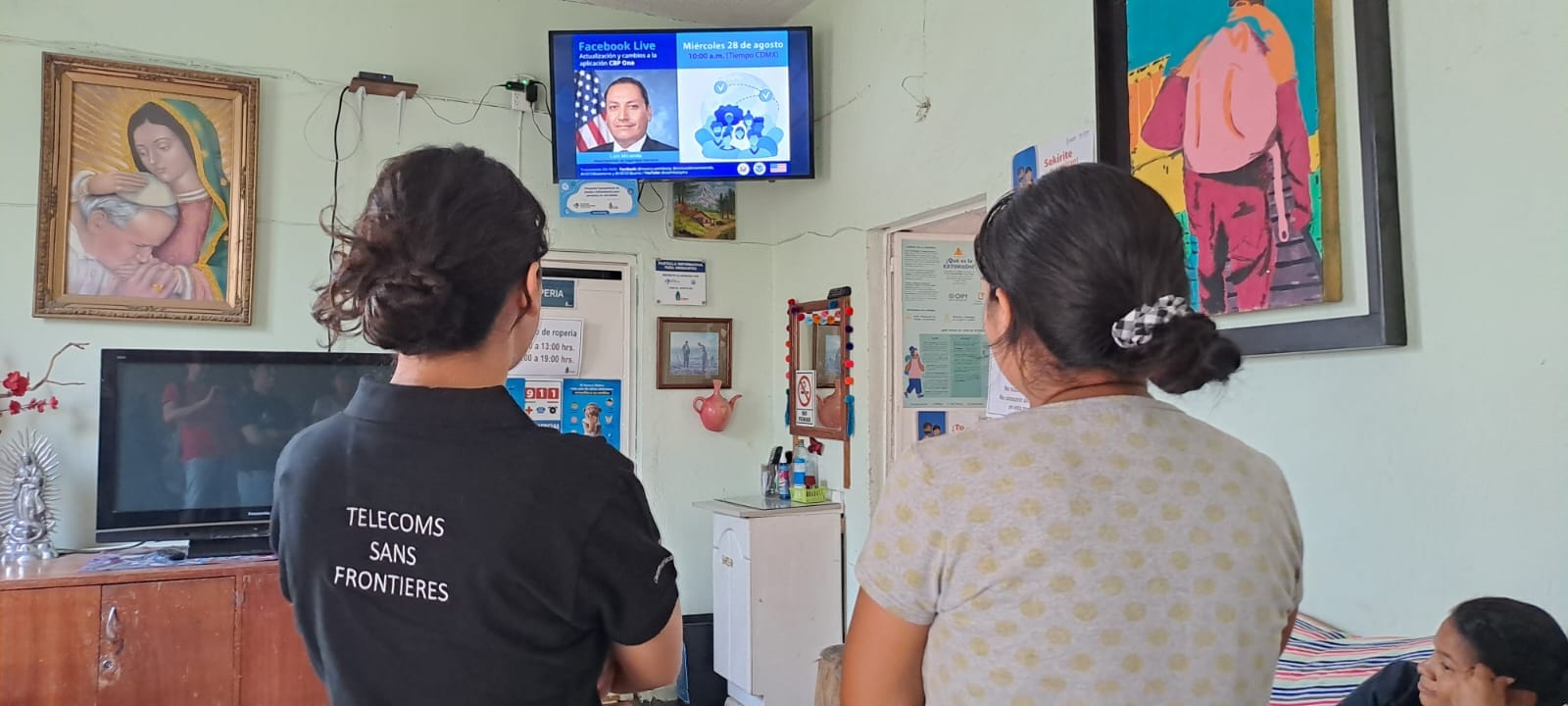



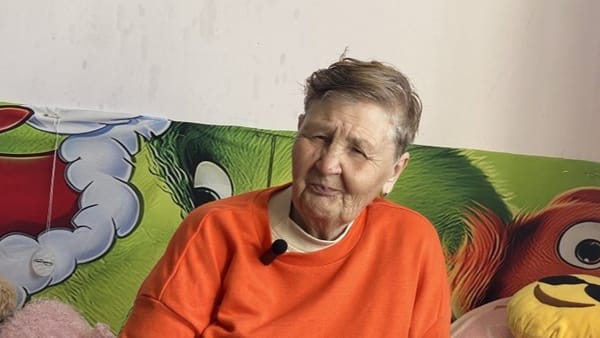
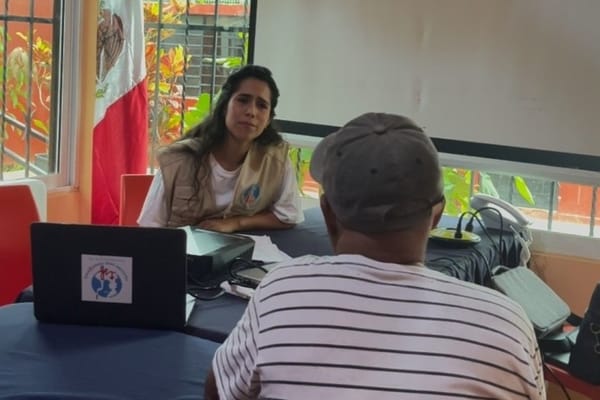

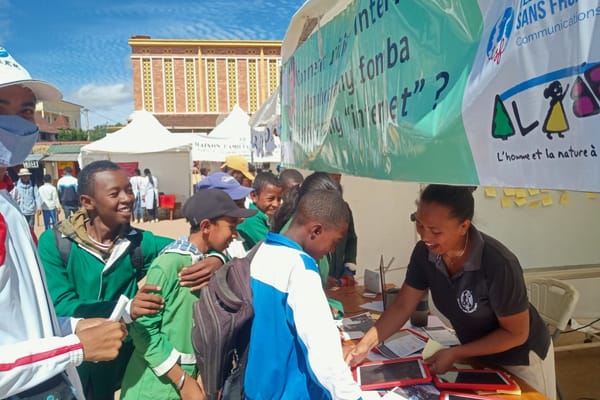
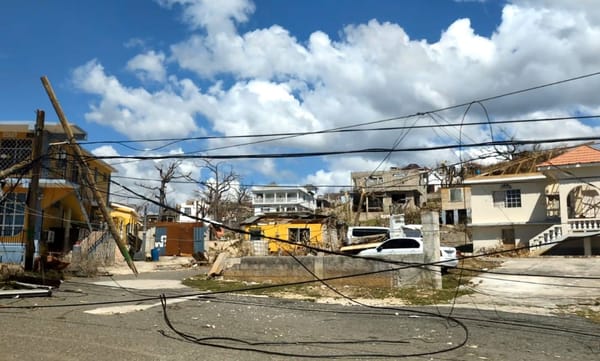
Member discussion